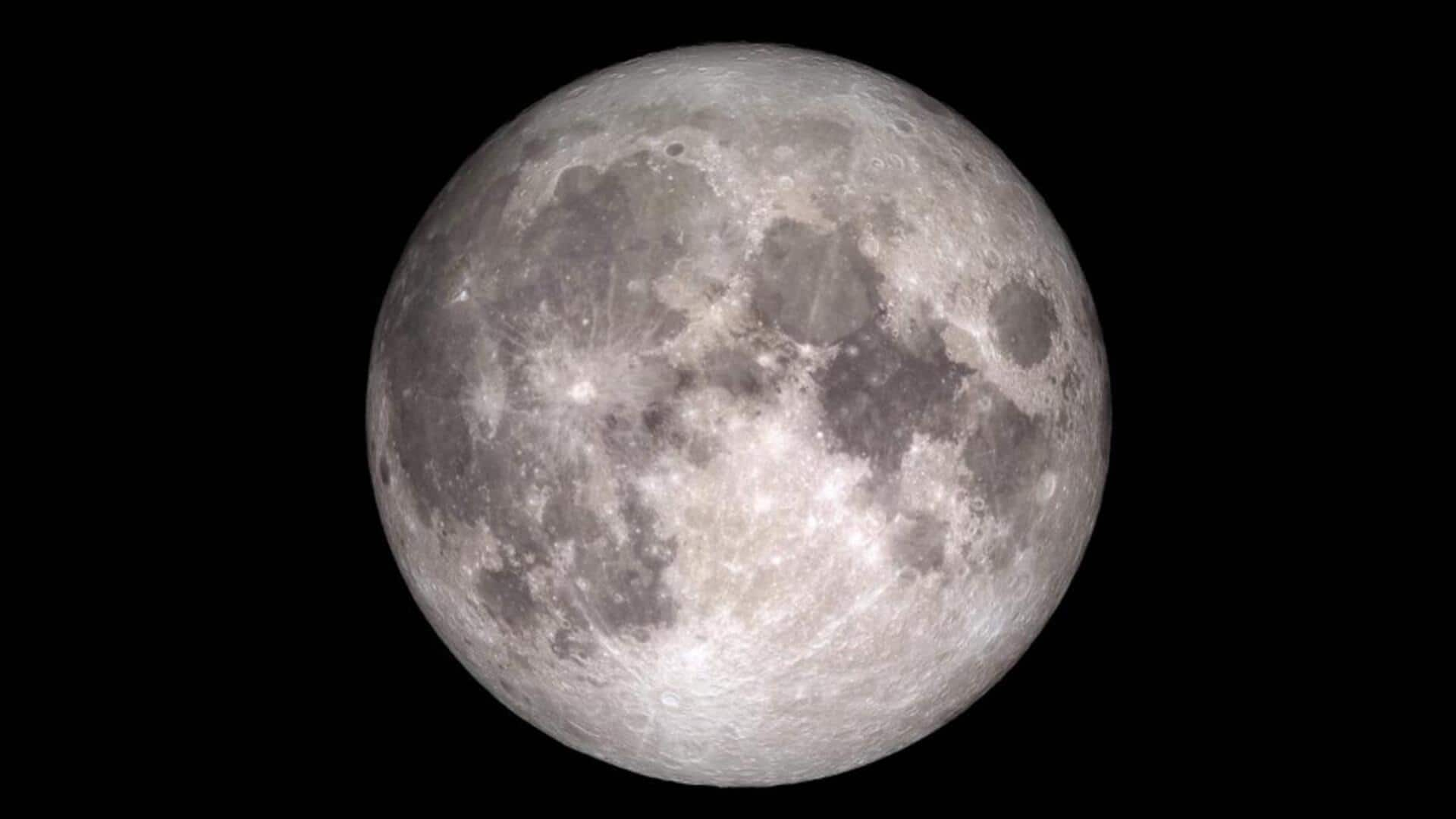
US government commissions NASA to create lunar timekeeping system
What's the story
The White House has tasked NASA with the creation of a unique time reference system for the Moon, dubbed Coordinated Lunar Time (LTC). This project, which involves collaboration with various US and international agencies, was detailed in a memo from the chief of the US Office of Science and Technology Policy (OSTP). The memo sets a 2026 deadline for this groundbreaking task.
Reason
A new approach to timekeeping
LTC is a novel concept of timekeeping, specifically designed for lunar conditions. Unlike Earth's time zones, LTC takes into account the Moon's lower gravity which causes time to move slightly faster there - by about 58.7 microseconds each day. As explained by NASA's chief communications and navigation officer, Kevin Coggins, an atomic clock on the Moon would tick differently than one on Earth due to these unique conditions.
Purpose
A necessity for lunar operations
The primary purpose of LTC is to provide a reliable standard of time for lunar satellites and spacecraft, that require extreme precision. Sans a unified lunar time system, secure data transfers between spacecraft and synchronization of communications among Earth, lunar bases, satellites, and astronauts could be challenging. An OSTP official emphasized the importance of synchronized clocks, by drawing an analogy with potential disruptions on Earth if global clocks were not synced.
Implementation
Implementation of LTC: A global effort
The implementation of LTC may require placing atomic clocks on the Moon. It will necessitate international agreements through existing standards bodies and among the 36 countries, that have signed the Artemis accords involving space conduct. This global collaboration is essential to ensure a unified approach to lunar timekeeping, thereby facilitating precise operations and communications in lunar missions.
Usage
NASA's Artemis program and the role of LTC
NASA plans to launch astronaut missions to the Moon starting in September 2026, via its Artemis program, which also aims to establish a scientific lunar base. The International Space Station, in low Earth orbit (LEO), will continue to use Universal Coordinated Time (UTC). However, NASA still needs to decide where this new space-time standard will apply. Coggins confirmed that unlike on our planet, the Moon will not have daylight saving time.